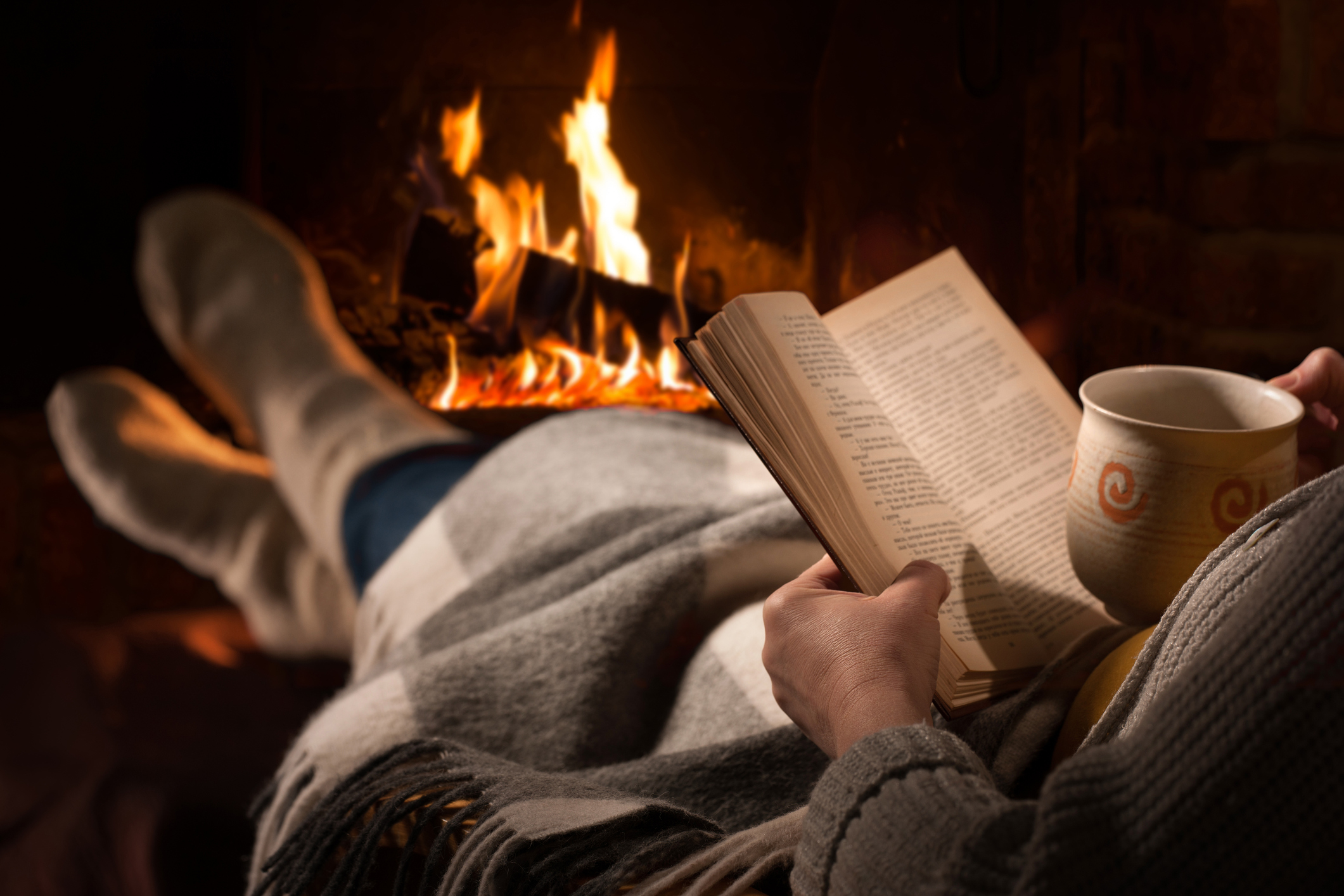Although we have passed the solstice and daylight hours will gradually begin to increase, the winter months can seem like an endless battle against the dark and the cold, leaving many people feeling more tired than usual. Because our body’s circadian rhythm relies on cues from natural sunlight, it can take longer to feel awake on dark winter mornings and cause people to feel sleepier earlier in the evening. Winter sleepiness is a legitimate experience but there are reasons for it and adjustments we can make to counter the effects.
According to a recent Well + Good Healthy Sleeping Habits post, sleep experts say that light and temperature changes in the winter can influence our sleep-wake cycle. Although it’s much easier to stay active and alert on a bright, sunny, 75-degree day than during a winter storm, less exposure to morning sunlight can also interfere with stopping the release of the sleep hormone melatonin which the body produces in response to darkness. This helps explain many people struggle to feel awake on winter mornings.
It may take longer, and an extra cup of coffee, to feel alert in the morning, especially on particularly dark days. When the sun sets at 5 p.m. we may feel ready for sleep earlier than usual but less able to fall asleep when bedtime finally arrives. Without regular exposure to sunlight, our mood can also drop, draining our energy and contributing to social isolation, depression, lethargy and mood swings.
Cold winter temperatures have us pulling out the heavy blankets and duvets which are so cozy, we may find it difficult to get out from under our warm, comfy nest in the morning. During the summer months, it can be harder to sink into a deep sleep because of the heat and humidity, and the bright sunlight in the morning wakes us up earlier.
To help remedy winter sleepiness, it’s important to follow a regular sleep/wake schedule and practice good sleep hygiene by turning off screens an hour before bedtime and keeping active during wakeful hours. Sleeping in a cool room set to the mid-60s is optimal for a restful night’s sleep. If you expose yourself to bright light, even if it’s a light therapy lamp, within 30 minutes of waking and eat some breakfast, you can help reset your circadian rhythm. Venturing outside in natural sunlight for a walk during the day will also help boost your mood and regulate your sleep cycle. If you must nap during the day, limit it to no more than 20 minutes.
If you are having trouble falling or staying asleep, avoid caffeinated beverages in the afternoon or alcoholic drinks before bedtime that can contribute to nighttime waking. Try reading or listening to music in the evening, taking a warm bath, meditating or practicing some gentle yoga to unwind and prepare for a restful sleep and a more wakeful morning.






Add Your Voice
0 Comments
Join the Discussion